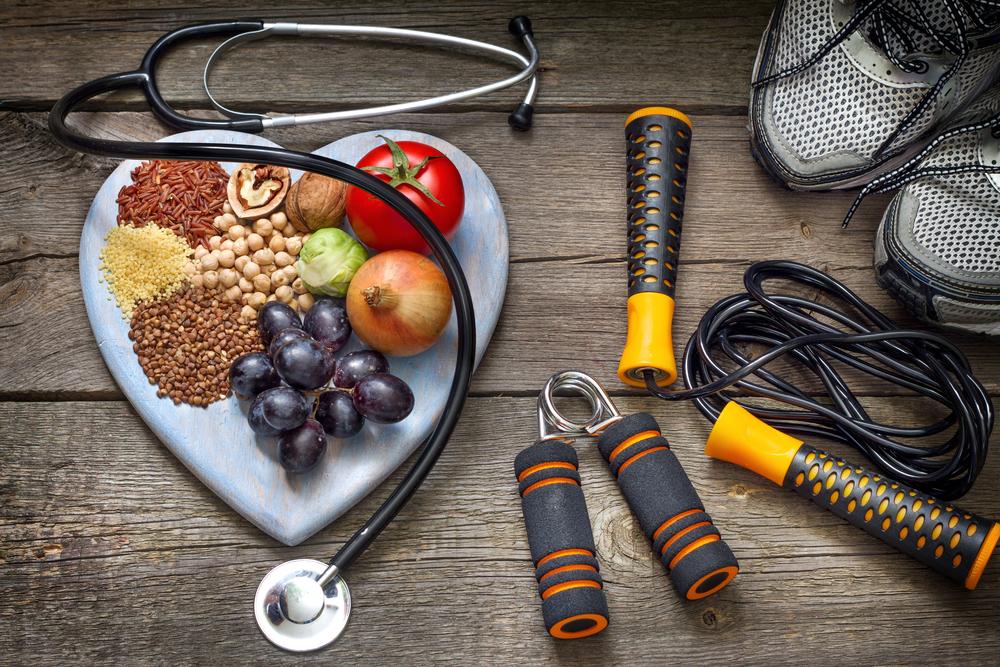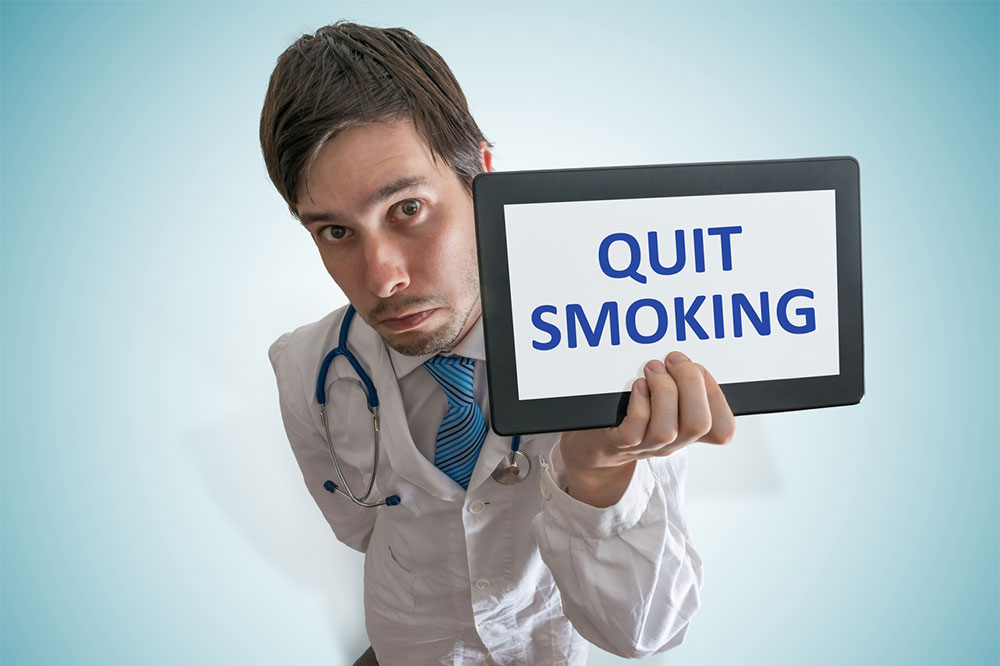Comprehensive Lifestyle Strategies to Naturally Manage Hypertension and Improve Your Heart Health
Learn effective natural lifestyle modifications to manage hypertension, including weight management, nutritious diet, regular exercise, routine establishment, and sodium reduction. Implementing these strategies can lower dependence on medication and boost long-term cardiovascular health.

Comprehensive Lifestyle Strategies to Naturally Manage Hypertension and Improve Your Heart Health
High blood pressure, medically known as hypertension, is often called the silent killer because it can develop silently without obvious symptoms but drastically increases the risk of heart disease, stroke, kidney problems, and other serious health conditions. Maintaining optimal blood pressure levels is crucial for long-term health and well-being. While medications are often prescribed, adopting a healthy lifestyle can be an effective, natural way to manage hypertension and even prevent it from developing in the first place. Understanding what constitutes normal blood pressure is essential — typically around 120/80 mm Hg — and recognizing when readings surpass 140/90 mm Hg, indicating hypertension. Prehypertension, ranging from 120-139 over 80-89, is a warning sign that lifestyle modifications may be necessary to prevent progression. The good news is that simple lifestyle choices can have a profound impact on blood pressure levels. Implementing mindful habits can reduce dependency on medications, lessen side effects, and promote overall cardiovascular health. This article explores the most effective lifestyle modifications to control hypertension naturally, supported by scientific research and clinical guidelines. We will delve into five key strategies, including maintaining a healthy weight, adopting a nutrient-rich diet, engaging in regular physical activity, establishing daily routines, and limiting sodium and caffeine intake. These approaches not only help in blood pressure management but also enhance overall health and energy levels.
Let’s examine each of these methods in detail and understand how they work together to create a holistic approach to hypertension control. Adopting these lifestyle changes can be transformative, reducing health risks and empowering individuals to take charge of their health.
Maintain a Healthy Weight
Excess body weight, especially around the abdomen, is a significant contributor to elevated blood pressure. Studies show that every kilogram of weight gained can increase blood pressure by a small but meaningful margin. Achieving and maintaining a healthy weight through balanced diet and regular exercise can help normalize blood pressure levels. Weight loss not only reduces strain on the heart but also decreases the risk of conditions like sleep apnea, which itself can elevate blood pressure. Strategies include setting realistic weight loss goals, tracking progress, and choosing sustainable eating habits and physical activities. Even modest weight loss of 5-10% can yield noticeable improvements in blood pressure levels.
Adopt a Nutrient-Rich, Heart-Friendly Diet
Diet plays a critical role in managing hypertension. Emphasizing fruits, vegetables, whole grains, lean proteins, and low-fat dairy provides essential nutrients that support vessel health. Foods rich in potassium, such as bananas, sweet potatoes, spinach, and beans, help counteract the effects of sodium and relax blood vessel walls. On the other hand, reducing intake of processed and fast foods—often high in sodium, unhealthy fats, and refined sugars—is vital. Opting for fresh, minimally processed foods ensures intake of natural nutrients and limits harmful additives. Incorporate herbs and spices instead of salt to flavor dishes without increasing sodium levels. This dietary approach, often called the DASH (Dietary Approaches to Stop Hypertension) diet, has been scientifically proven to lower blood pressure effectively.
Engage in Regular Physical Activity
Physical activity is one of the most potent natural remedies for hypertension. Engaging in activities like brisk walking, swimming, cycling, or dancing helps strengthen the heart and improve circulation. Exercise promotes weight loss, reduces arterial stiffness, and boosts overall cardiovascular resilience. The American Heart Association recommends at least 150 minutes of moderate-intensity aerobic exercise each week, spread across several days. Additionally, incorporating strength training and flexibility exercises can further improve vascular health. The key is consistency; establishing a routine and gradually increasing activity levels ensures sustainable benefits. Regular exercise also helps lower stress levels, which can otherwise contribute to elevated blood pressure.
Establish Consistent Daily Routines
A consistent daily schedule for eating, sleeping, working, and relaxing fosters stability in your body's functions. Circadian rhythm regulation improves hormonal balance and boosts overall health, including blood pressure regulation. Going to bed and waking up at regular times, eating meals on a predictable schedule, and planning regular exercise sessions contribute to maintaining healthy blood pressure levels. Adequate sleep—7-9 hours per night—is particularly important, as poor sleep quality is linked to hypertension. Developing routines that support relaxation and stress management can significantly impact blood pressure control, as chronic stress is a known risk factor for hypertension. Practices such as mindfulness, meditation, yoga, and hobbies can help reduce stress and promote a sense of well-being.
Limit Sodium and Caffeine Intake
Sodium intake is directly related to water retention and increased blood volume, leading to higher blood pressure. Health authorities recommend limiting sodium to less than 2,300 milligrams per day and ideally around 1,500 milligrams for optimal control. To achieve this, avoid adding salt during cooking, read food labels carefully, and choose fresh or frozen foods over canned or processed options. Caffeine, found in coffee, tea, and many soft drinks, can temporarily raise blood pressure by stimulating the nervous system. For individuals with prehypertension or hypertension, reducing caffeine consumption can help prevent spikes in blood pressure. Moderation is key; switch to herbal teas or decaffeinated options and enjoy natural hydration through water or infused water with fruits and herbs.
Beyond these primary strategies, other essential tips include quitting smoking, managing stress proactively through meditation or hobbies, monitoring blood pressure regularly, and moderating alcohol intake. Quitting smoking reduces arterial damage and improves overall vascular health. Managing stress is critical because chronic stress releases hormones like cortisol, which can elevate blood pressure over time. Regular blood pressure monitoring helps track progress and alerts you to any concerning changes, prompting timely adjustments. Limiting alcohol to moderate levels—no more than one drink per day for women and two for men—also supports healthy blood pressure. Building a strong support system, whether through family, friends, or healthcare providers, can motivate sustained lifestyle changes. Making these adjustments not only helps control hypertension but also promotes better energy levels, mood, and longevity. These natural, holistic approaches empower individuals to take proactive steps towards a healthier heart and improved quality of life.





